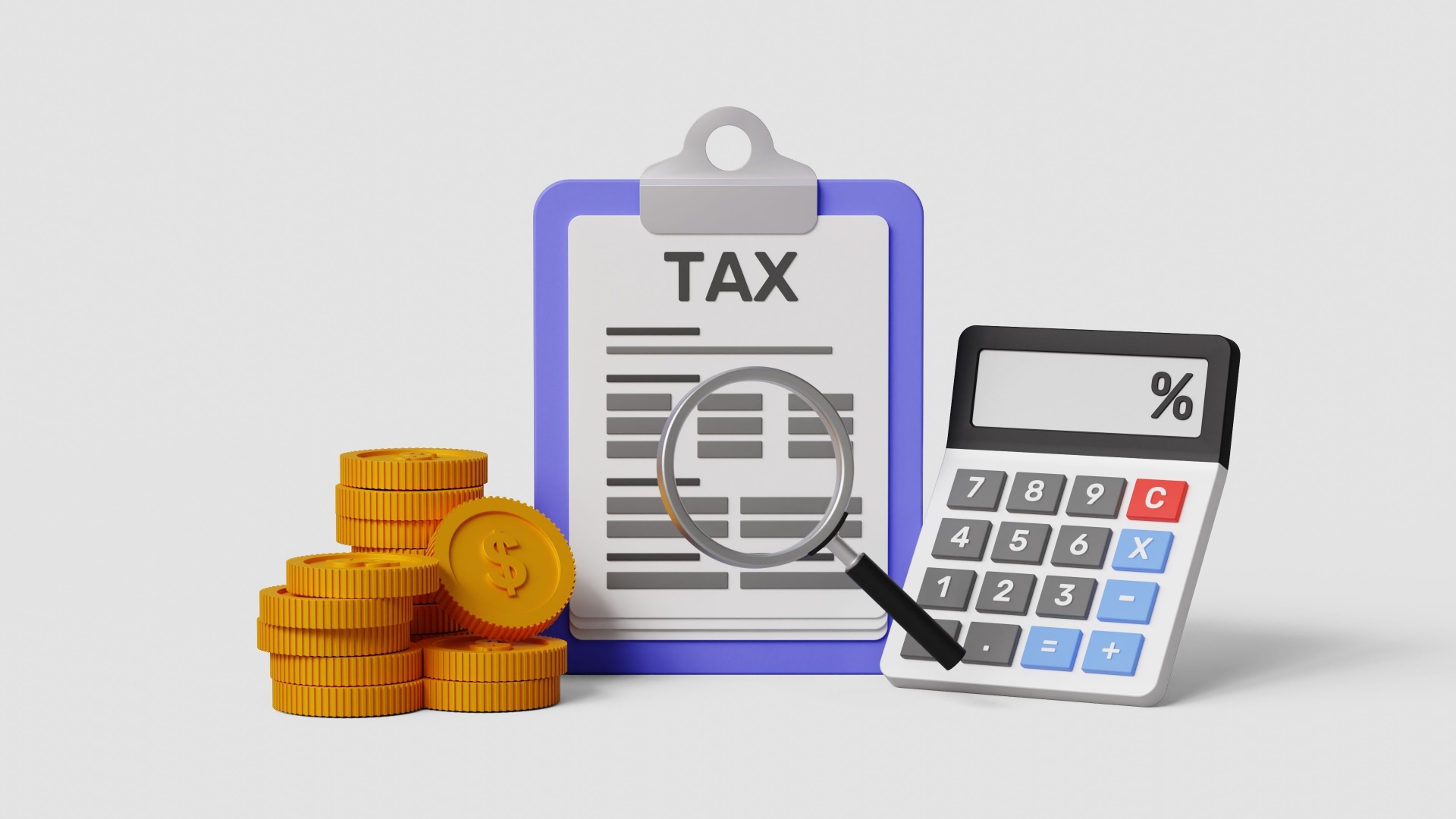
Home | Insights | A Comprehensive Guide to International Investments for Beginners
A Comprehensive Guide to International Investments for Beginners
Posted on: 26th November 2024 in
Investments
Have you ever wondered how to grow your money beyond your home country’s borders?
Investing internationally can open the door to new opportunities, helping you diversify your portfolio and take advantage of global markets. While it might seem intimidating initially, it’s easier than you think once you understand the basics.
This guide will walk you through everything you need to know to get started with international investments.
What Are International Investments?
International investing means putting your money into assets outside your home country. These could include stocks, bonds, real estate, or mutual funds from foreign markets.
There are two main types of international investments:
- Foreign Direct Investment (FDI): This involves directly owning assets, like buying a business or property in another country. It’s usually for more experienced investors.
- Foreign Portfolio Investment (FPI): When you buy financial assets, like stocks or bonds, in another country. It’s easier to manage and popular with beginners.
Why Invest Internationally?
So, why should you consider venturing into global markets? Here are some key benefits:
- Diversification: Investing internationally spreads your money across different economies. If your home market faces challenges, other markets might perform well, balancing your portfolio.
- Access to Emerging Markets: Some countries, especially in Asia and Africa, are growing rapidly. Investing in these markets could offer higher returns.
- Currency Diversification: Holding assets in multiple currencies can protect you if your local currency loses value.
The Risks You Should Know About
Like any investment, international investing comes with risks. Here are the main ones to keep in mind:
- Currency Risk: Exchange rates fluctuate, which can impact your returns. A strong foreign currency can boost profits, but a weak one might cut into them.
- Political and Economic Instability: Changes in government policies or economic crises can affect your investments.
- Regulatory Differences: Every country has its own rules for investing. Some markets may have stricter regulations or higher fees.
Ways to Invest Internationally
There are several ways to start investing internationally. Here are some options:
- Mutual Funds and ETFs: These funds pool money from multiple investors to buy various international assets. They’re managed by professionals, making them a beginner-friendly choice.
- American Depositary Receipts (ADRs): These certificates represent shares in foreign companies, but they’re traded on local stock exchanges. It’s a simpler way to invest in global businesses without dealing with foreign markets.
- Direct Stock Purchases: Some brokerages let you buy shares directly on foreign stock exchanges. This option requires more research but gives you full control.
- Other Vehicles: Beyond stocks, you can invest in foreign bonds, real estate, or even commodities like gold.
Beginner-Friendly Strategies
Starting small and keeping things simple is the best approach for new investors. Here are some strategies to help you succeed:
- Global or International Funds: These funds invest in various assets from various countries, offering instant diversification.
- Dollar-Cost Averaging: Invest a fixed amount regularly, regardless of market conditions. This reduces the risk of buying at a high price.
- Core and Satellite Approach: Use broad-based funds as the core of your portfolio and add smaller investments in specific sectors or countries.
Don’t Forget Taxes
Taxes can complicate international investments, so it’s important to understand how they work:
- Double Taxation Treaties: Many countries have agreements to prevent you from being taxed twice on the same income. Check if your country has a treaty with the market you’re investing in.
- Tax Reporting: Keep track of your international earnings. You’ll need to report them to your local tax authority.
How to Get Started
Ready to begin your international investment journey? Here are the steps:
- Educate Yourself: Learn the basics of international investing. Read articles, watch videos, and familiarise yourself with the markets you’re interested in.
- Choose the Right Brokerage: Look for a platform that gives you access to global markets and supports your investment goals.
- Start Small: Don’t rush into big investments. Begin with a modest amount and increase it as you gain confidence.
- Monitor and Adjust: Keep an eye on your portfolio and make changes if needed. Markets change, and so might your goals.
Tips for Success
- Diversify your investments across countries, industries, and asset classes.
- Stay updated on global news, as political and economic events can affect markets.
- Consult a financial adviser if you’re unsure about your choices.
Conclusion
Investing internationally might seem complex, but growing wealth and diversifying your portfolio is a fantastic way. Understanding the benefits, risks, and available options allows you to make informed decisions and take advantage of global opportunities.
Remember, the key is to start small, stay informed, and be patient. With time, you’ll gain the confidence to explore more investment opportunities.
So, why not take that first step towards a globally diversified portfolio today? Contact Holborn to learn how we can help you.




